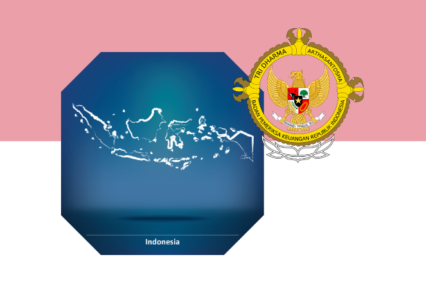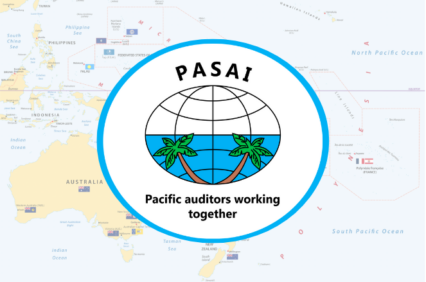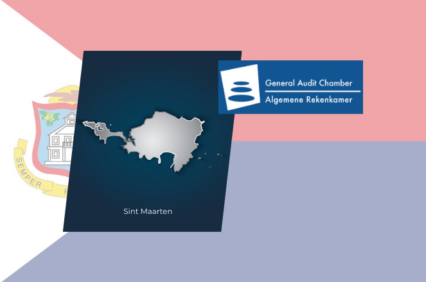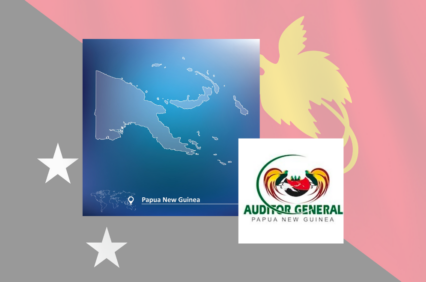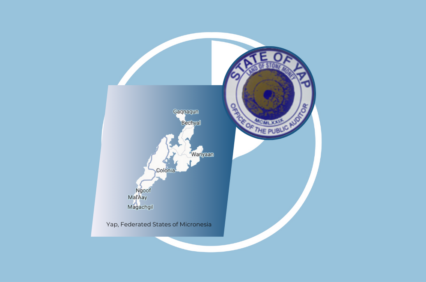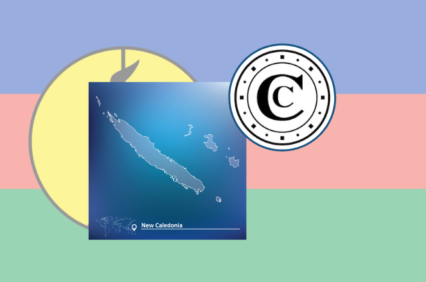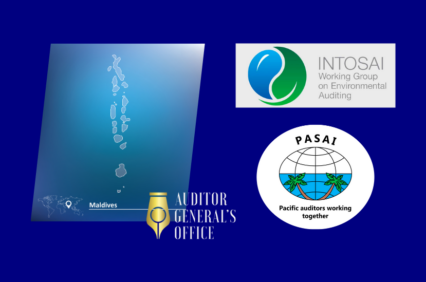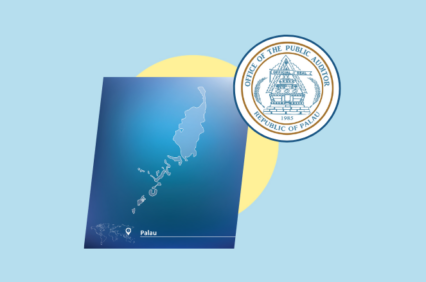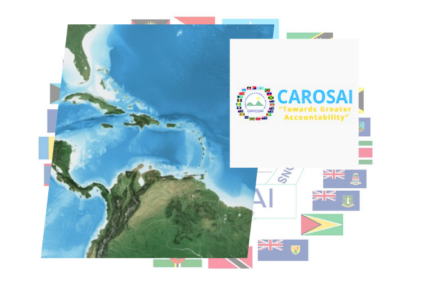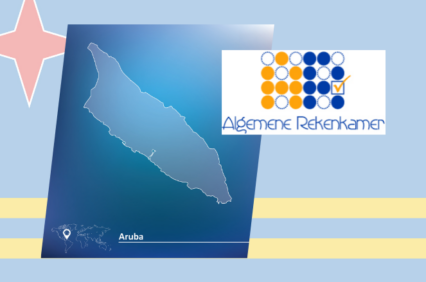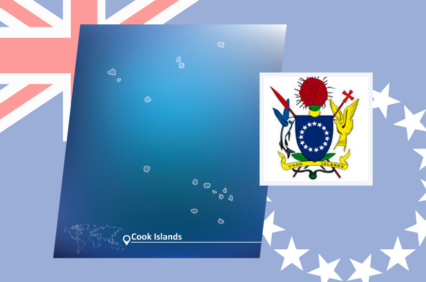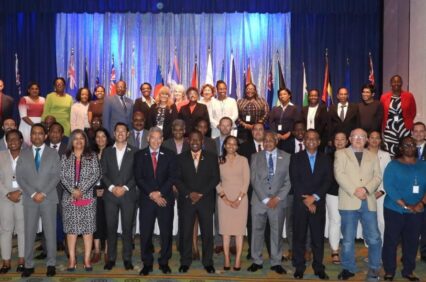The COVID-19 pandemic has brought about unprecedented challenges, one of which is the imposition of physical activity restrictions to curb the spread of the virus (Abouk & Heydari, 2021). These restrictions have significantly altered the way the Audit Board of the Republic of Indonesia (BPK), carries out its auditing processes. In response to these restrictions, organizations and institutions have been forced to adapt and find innovative ways to continue their operations efficiently.
Tag: small island challenges
Filter By:


